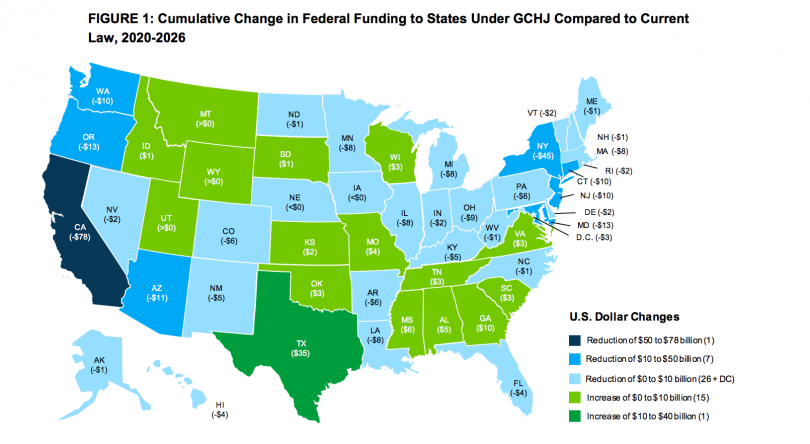Senator Mitch McConnell has just conceded defeat for now in his effort to repeal the Affordable Care Act through the Graham-Cassidy bill. The bill, sponsored by Senators Lindsay Graham (SC) and Bill Cassidy (LA), would gut Medicaid, tax credits to help people buy health insurance, and consumer health insurance protections. Three Republican senators–John McCain, Susan Collins and Rand Paul–said they would oppose the bill, depriving McConnell of the votes needed to pass it. What should you know about Graham Cassidy?
Graham-Cassidy eliminated the ACA mandate that everyone have health insurance. It would have dramatically slashed Medicaid spending, ended subsidies for people with low incomes, and eliminated insurance protections for people with pre-existing conditions. According to the Congressional Budget Office, millions of people would have lost insurance coverage had the bill passed.
Insurers would have been able to charge people with pre-existing conditions higher premiums and would not have to sell them policies that covered essential benefits. It would have block granted some federal Affordable Care Act funds to the states beginning in 2020 through 2026. By 2027, it would end those funds completely.
Today, about 11 million older adults and people with disabilities rely on Medicaid to supplement Medicare. Medicaid may cover Medicare premiums and copays and the cost of nursing home care. In fact, Medicaid currently picks up the cost of nursing care for about 75 percent of older people. And, in many states, Medicaid covers other long-term services and supports. Depending upon the state you live in, it may also pay for hearing, vision and dental care.
The Center on Budget and Policy Priorities projected that Graham-Cassidy would have meant federal spending cuts on Medicaid alone of $243 billion between 2020 and 2026. Alaska, California, Connecticut, Delaware, the District of Columbia, Hawaii, Kentucky, Louisiana, Maryland, Massachusetts, Minnesota, Montana, New Hampshire, New Jersey, New York, North Dakota, Oregon, Rhode Island, Vermont, and Washington, would have seen 35 to almost 60 percent cuts in federal funding for their Medicaid programs and ACA premium assistance.
By 2036, according to Avalere, had Graham-Cassidy passed, federal funding cuts to states could top $4 trillion. States would have been hard-pressed to fill these funding gaps. States that have passed Medicaid expansion and/0r that have more residents receiving insurance premium assistance would have seen the largest federal funding cuts.
Graham-Cassidy also would have set a federal per-person spending cap for almost all Medicaid enrollees. States would be forced to either cut Medicaid benefits and/or restrict Medicaid eligibility further and/or cut other programs and/or raise taxes.
The AARP, American Hospital Association, American Medical Association among many other organizations, opposed the bill.
Here’s more from Just Care:
- No increase projected in 2018 standard Medicare benefit, but many may still see premium increases
- 2018 Social Security benefits should increase, but checks may not
- Medicare Open Enrollment: Consider changing health plans
- Medicaid: Why it matters to all of us
- Bernie Sanders and 15 other Senators introduce improved Medicare for all bill







